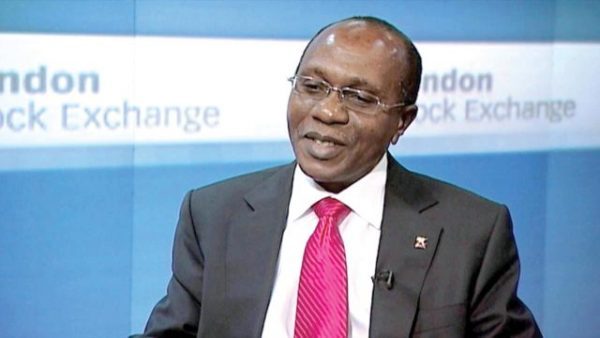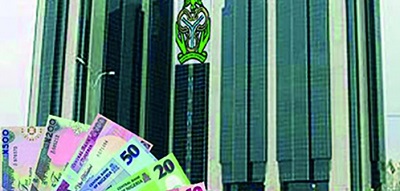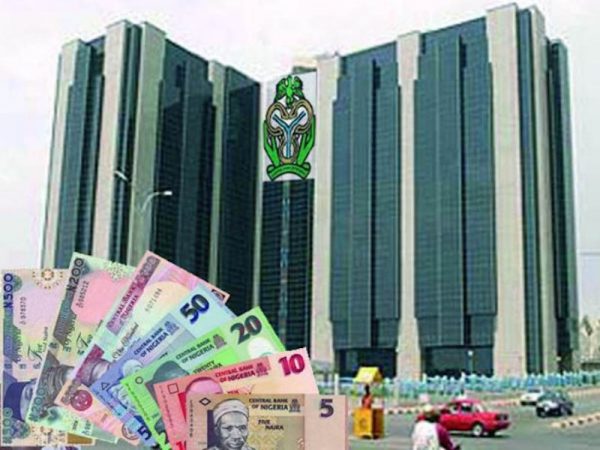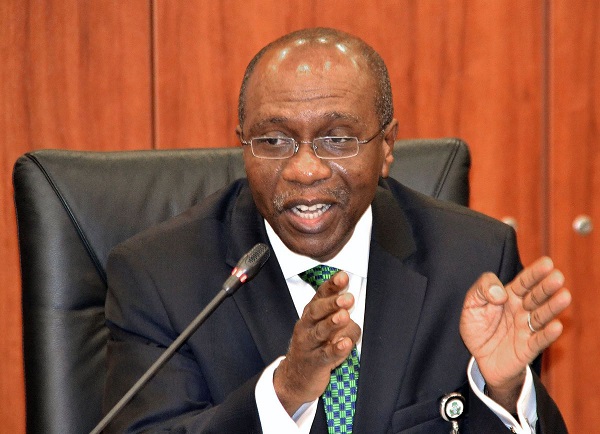Banking sector stability key to economic recovery ―MPC

The Monetary Policy Committee of the Central Bank of Nigeria has said the stability of the banking sector is key to economic recovery.
In a communiqué of the MPC meeting held on May 21 and 22, with the personal statements of members and the decision of the MPC, which were released on Wednesday, the committee was convinced that the economy needed a new impetus of increased lending by the banking system.
The committee agreed to work with the CBN to adopt innovative ways to encourage Deposit Money Banks to accelerate credit growth, including a reduction in the Monetary Policy Rate, also known as benchmark interest rate, when conditions for such a decision arise.
According to the communiqué, the MPC took note of the improved performance of the DMBs and observed that the relatively high levels of non-performing loans in the industry were moderating.
It urged the government to promptly settle outstanding contractor arrears as earlier promised, and encouraged the CBN to intensify efforts to further improve the banking sector soundness.
The Deputy Governor, Corporate Services, CBN, Edward Adamu, who is also a member of the eight-man MPC, described banking system stability as a requirement for proper financial intermediation (including credit flow to the real sector), which he said was needed to support recovery in output.
According to him, there have been some improvements in the banking system, though measurable.
He noted that the deterioration in financial soundness indicators had been halted, and, in some cases, reversed.
Adamu stated, “For example, industry return on asset and return on earnings rose quite significantly to 21.57 per cent and 2.14 per cent, respectively, in April, from 11.78 per cent and 1.28 per cent, respectively in February 2018.
“Likewise, the non-performing loans ratio moderated slightly in April. These positive developments are broadly connected to the improvement in the macroeconomic conditions, including stable exchange rate and declining inflation.”
Adamu added that the feedback causation between the banking system and the real economy had to be carefully managed, especially during the current (recovery) phase of the economy’s business cycle.
Another member, Prof Adeola Adenikinju, stated that there was a need for regulatory buffers to strengthen the capacity of banks to withstand a shock, should there be one.
He noted that the balance sheet of the banking sector showed improvements relative to the last MPC meeting.
According to him, it is clear that banks are more eager to strengthen their balance sheet than commit to new credits.
Adenikinju said, “The continuous preference of banks for relatively safer fixed-income assets rather than direct lending to the real sector of the economy remains a critical challenge to current policy stance.
“Simply tinkering with the MPR at this current state of the banking sector may not simply translate into more credit for the economy unless there is a way to creatively ‘de-risk’ the targeted real sector of the economy.”
He added that the banking system witnessed growth in aggregate deposits in the first quarter of 2018, but had no corresponding increase in credit.
Adenikinju said it implied that more liquidity in the system might not mean more credit as widely believed in the short term.
“The high operating expenses in the banking system need to be carefully addressed to reduce the high cost environment, which, in my view, impacts more on lending rates than even the MPR,” he added.







